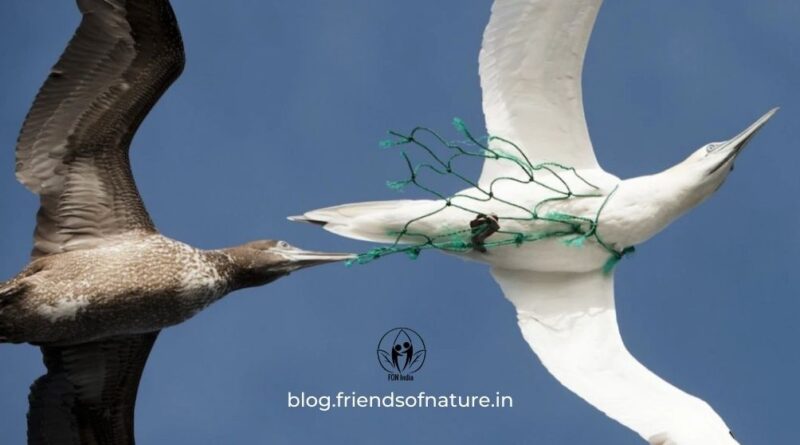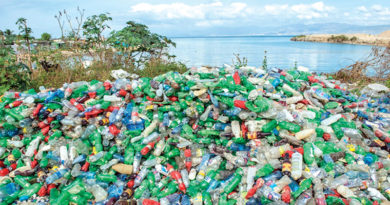Canada Declares Plastics Toxic, Paving the Way for Restrictions
Plastic is now considered toxic under Canada’s primary environmental law — the Canadian Environmental Protection Act (CEPA) — the Trudeau government announced last week.
The decision, which comes despite months of lobbying by Canada’s $28-billion plastics industry, paves the way for a proposed ban on some single-use items. A series by Canada’s National Observer earlier this year catalogued the sustained push by the plastics and food industries to disassociate plastics from anything to do with the word “toxic.”
However, the government held firm, which now clears the way for other measures to reduce plastic waste proposed by the government last fall.
About 3.3 million tonnes of plastic is discarded in Canada each year, and less than 10 per cent — about 305,000 tonnes — is recycled. The remainder goes to landfills, incineration, or leaks into rivers, lakes and oceans, according to a 2019 study commissioned by Environment and Climate Change Canada (ECCC).
The industry is also poised to drive continued oil and gas extraction, with some petrochemical companies expecting it to account for up to 90 per cent of their future growth, according to a 2020 report by the Carbon Tracker Initiative.
A 2020 government science assessment found ample evidence that plastic harms the environment, choking seabirds, cetaceans and other wildlife. The findings form the basis of the government’s decision, as substances can be considered toxic under CEPA if they harm the environment and biodiversity, human health, or both.
In October 2020, ECCC released a proposal to deal with the problem. Under the proposed rules, Canada will ban six single-use plastic items, like straws and six-pack rings, create incentives for companies to use recycled plastic, and force plastic producers to pay for recycling.
The move is opposed by Canada’s plastics industry. In a statement, the Chemistry Industry Association of Canada — the country’s largest plastic lobby group — expressed concerns about the government’s approach. The organization has been vocal against listing plastics as toxic: It has spent months lobbying the government to prevent the decision and advocated for an industry-led approach focused on recycling instead.
Plastic recycling was invented by the plastics industry in the 1970s to assuage environmental concerns without substantially reducing plastic consumption, according to Max Liboiron, an expert on plastic waste and a professor at Memorial University.
It has never worked. Despite decades of effort, only about nine per cent of Canada’s plastic waste is currently recycled, according to the 2019 ECCC-commissioned study.
This story was originally published by Canada’s National Observer




